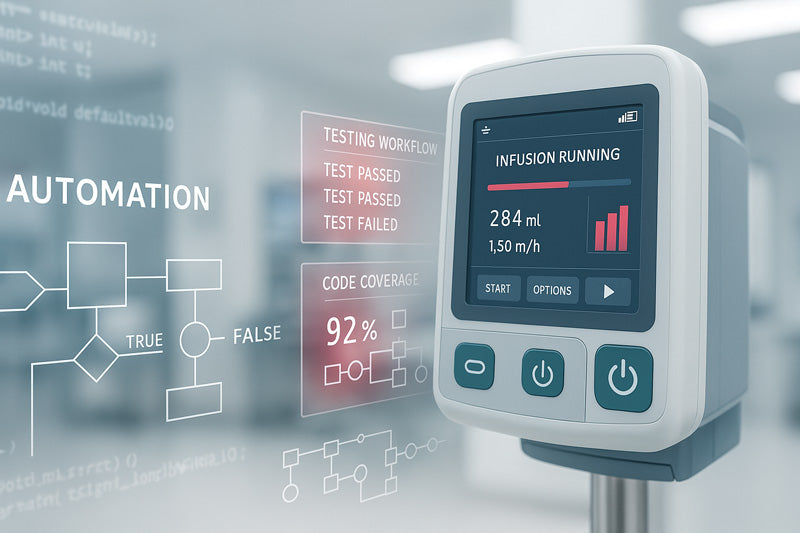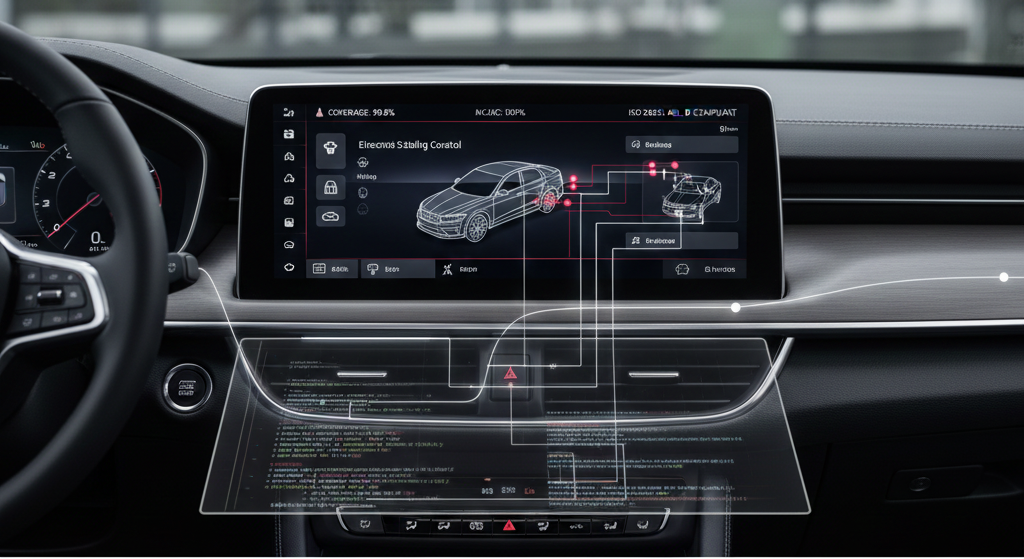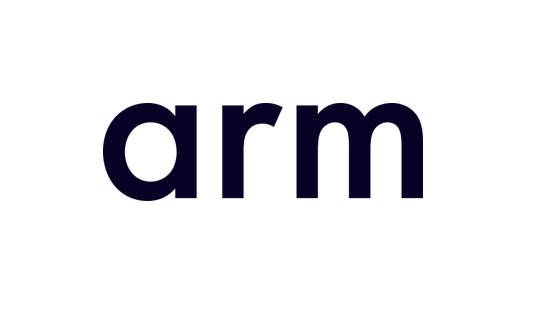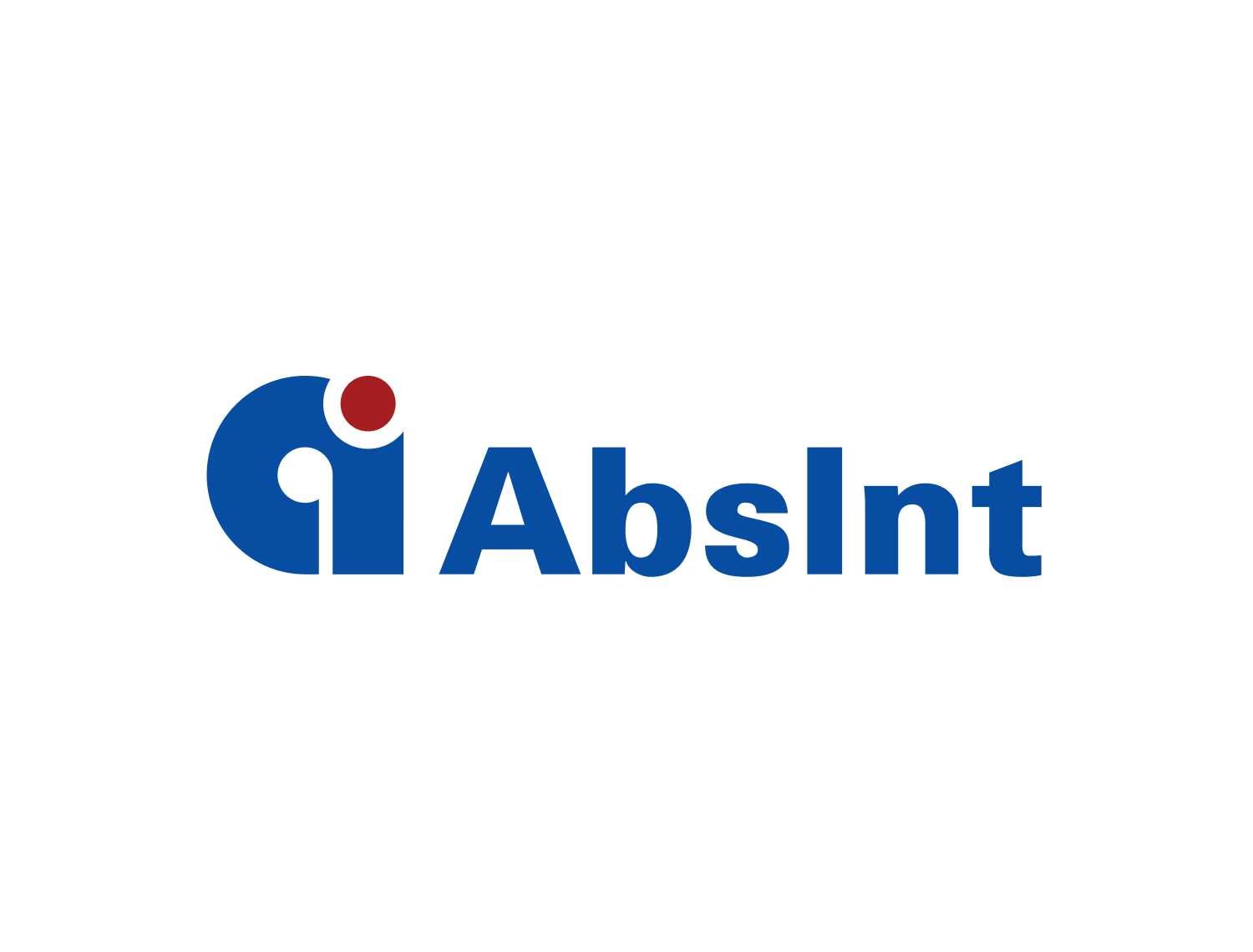
Accelerating IEC 62304 Compliance: How Cantata and QA-MISRA Simplify Safe Medical Device Software Development
Developing software for medical devices is one of the most demanding engineering challenges. Whether powering a drug delivery pump, patient monitor, medical robot, or diagnostic imaging system, embedded C and C++ software must be demonstrably safe, predictable, and fully compliant with international regulations. There is no room for error when patient safety is at stake.
To meet these expectations, medical device manufacturers increasingly rely on certified software testing and static analysis tools. Solutions such as Cantata and QA-MISRA from QA Systems provide the automation, traceability, and compliance evidence required to accelerate IEC 62304, FDA, MDR, and other regulatory submissions, while improving software reliability and reducing development risk.
Why Certified Tools Matter in Medical Device Software Development
Medical devices operate under tight regulatory controls due to their direct impact on patient health. IEC 62304, the key international standard for medical device software development and lifecycle processes, requires:
- rigorous coding-standard compliance
- comprehensive verification and validation
- traceable test evidence
- documented proof of defect prevention
- classification-dependent safety activities
Without a certified toolchain, manufacturers face major challenges in demonstrating compliance and providing defensible evidence that software is safe, reliable, and maintainable. Certified tools dramatically reduce this burden.
Testing Across the Entire IEC 62304 Verification Spectrum
IEC 62304 demands a complete, traceable testing strategy: from isolated components to full device behavior. Cantata supports each of these layers.
Unit Testing: Verifying Critical Logic in Isolation
Unit testing ensures individual functions or modules behave as intended, long before integration.
Cantata strengthens this phase by providing:
- automated test framework and harness generation
- white-box testing with instrumentation
- simulation of boundary cases and failure modes
- bi-directional traceability to clinical safety requirements
This is essential for Class B and Class C medical devices, where regulators expect proof that each safety-critical software unit has been independently verified.
Integration Testing: Ensuring Modules Work Together Safely
As modules combine, integration testing ensures that interfaces exchange data correctly.
Cantata enables:
- testing on both host and embedded target hardware
- detection of boundary and communications faults
- validation of timing, state transitions & condition responses
- simulation of hardware behaviours and dependencies
This prevents dangerous interaction failures that could harm patients.
System-Level Testing: Verifying Full Medical Device Behaviour
System testing validates the completed device under realistic conditions.
This includes verifying:
- safety interlocks
- alarm logic
- real-time responsiveness
- error recovery behaviour
- end-to-end functional flows
Cantata’s automation and coverage metrics provide the traceable evidence needed to demonstrate safe system performance in regulatory submissions.
The Critical Role of Code Coverage in Medical Devices
For medical devices (especially Class III-equivalent systems) code coverage is not optional.
Regulators expect evidence that all software paths critical to patient safety have been exercised. With integrated coverage tools, Cantata helps teams:
- identify untested logic
- eliminate dead or unreachable code
- prevent hazardous behaviour in edge scenarios
- validate functional safety requirements with measurable evidence
This reduces late-stage risk and strengthens the safety case.
Application Areas: Why It’s Essential
- Drug Delivery Systems: Incorrect calculations or timing software bugs could overdose or underdose a patient. Code must be provably correct under all Application Areas: Where Testing Quality Directly Affects Patient Safety
- Drug Delivery Systems
- Even small software defects can cause incorrect dosage. Cantata ensures dosing algorithms and timing logic behave safely under all conditions.
- Patient Monitoring Devices
- Alarm prioritisation, sensor interpretation, and real-time responsiveness must be validated against clinical scenarios.
- Diagnostic Scanning Systems
- Software managing imaging timing, safety interlocks, and calibration routines must be tested thoroughly to avoid dangerous misinterpretation.
- Medical Robotics
- High-integrity control logic managing motion, force, and navigation requires robust integration testing and coding-standard compliance to protect patients in close proximity to robotic systems.
- Compliance, Safety, and Reputation
QA-MISRA and Cantata deliver automated enforcement of MISRA standards, traceability, detailed diagnostics, and code reports, all needed for IEC 62304, FDA, and other regulatory submissions. Beyond compliance, rigorous testing and demonstrable code coverage help prevent costly recalls, safeguard patients, and ensure long-term brand trust within this highly scrutinized sector.
In summary, deploying QA-MISRA and Cantata in the medical devices domain is not just a regulatory necessity; it is a competitive advantage and a core pillar of patient safety, clinical effectiveness, and enduring product success.
Cantata and QA-MISRA: A Certified Toolchain for IEC 62304 Compliance
Together, Cantata and QA-MISRA form a powerful ecosystem for medical device software development.
Cantata: Dynamic Testing Built for Safety-Critical Medical Software
Cantata provides:
- automated unit & integration testing
- MC/DC, branch, decision & statement coverage
- error and boundary-condition simulation
- Code Change Analysis for efficient regression
- execution on host and embedded target platforms
- certified reporting for IEC 62304 evidence
Cantata’s Wrapping Technology offers unmatched call control, enabling deep verification of interactions within medical software without altering production code.
QA-MISRA: High-Performance Static Analysis for MISRA Compliance
QA-MISRA delivers:
- automated enforcement of MISRA C/C++, AUTOSAR, CERT, CWE
- 5× faster analysis than comparable tools
- zero false positives and zero false negatives on syntactic rules
- highly accurate semantic analysis (with AbsInt integration)
- detailed diagnostics, visualisations, and compliance reports
- seamless CI/CD automation
- certification & qualification kits for IEC 62304, FDA, MDR
This enables continuous detection of unsafe code patterns and eliminates undefined behaviour, a fundamental requirement for safety-critical software.
Why Certification Bodies Trust Cantata and QA-MISRA
Cantata and QA-MISRA offer unique advantages:
- certified for use in IEC 62304 compliant development
- robust traceability linking requirements, tests, and code paths
- extensive automated reporting to support FDA, EU MDR, UKCA
- reduced tool qualification burden thanks to TÜV certification
- consistent, defendable evidence for safety cases
This significantly accelerates regulatory approval while reducing risk and engineering overhead.
Impact on Patient Safety, Reliability, and Clinical Outcomes
Stronger testing and static analysis directly improve clinical care:
- fewer device malfunctions → safer patient outcomes
- reduced downtime → better diagnostic and treatment continuity
- earlier bug detection → lower development and recall costs
- faster certifications → quicker deployment of life-saving technologies
- higher software quality → easier clinician training and confidence
Patient safety improves when software reliability improves, and that reliability is built on strong tooling.
Conclusion
Accelerating IEC 62304 compliance requires automated, certified, and traceable tools designed specifically for safety-critical embedded software. Cantata and QA-MISRA deliver exactly that.
They enable medical device manufacturers to:
- enforce coding standards reliably
- automate dynamic testing and coverage
- generate defendable regulatory evidence
- reduce certification effort
- protect patients with safer, more predictable devices
For modern medical device software developers, using Cantata and QA-MISRA is not just a compliance requirement; it is a strategic advantage and a core component of delivering safe, effective, and clinically trusted technologies.
For more information about QA-MISRA and Cantata, visit qa-systems.com.
© 2025 QA Systems. Published by JORAL Technologies.





